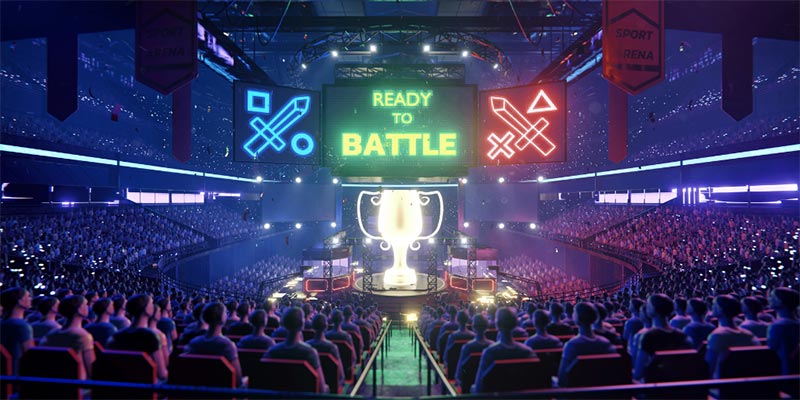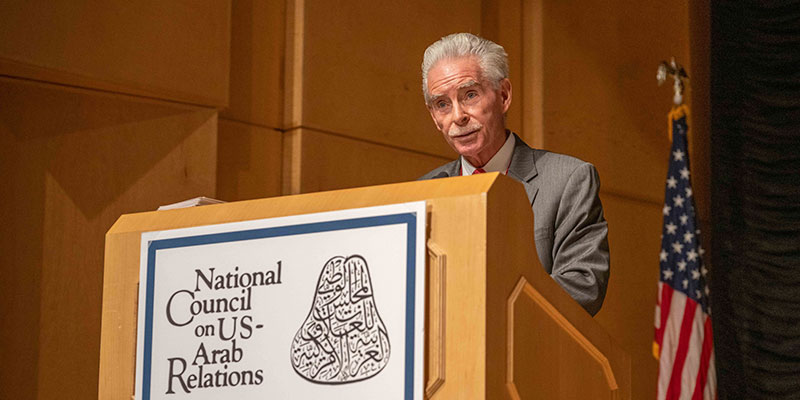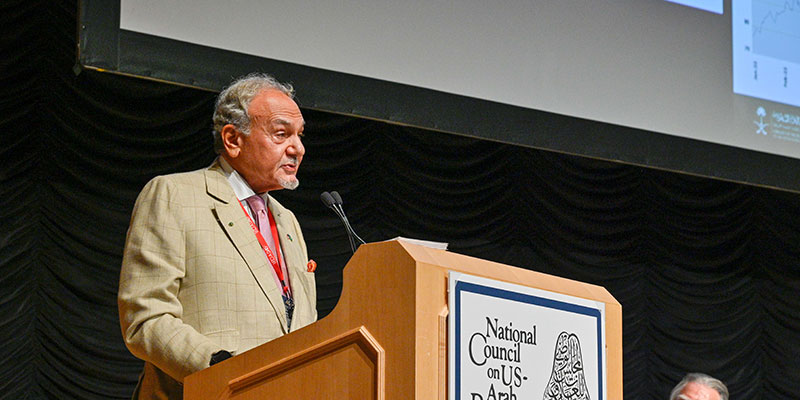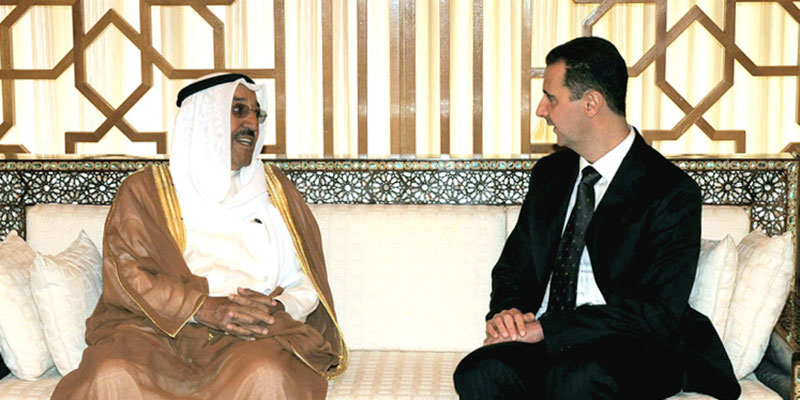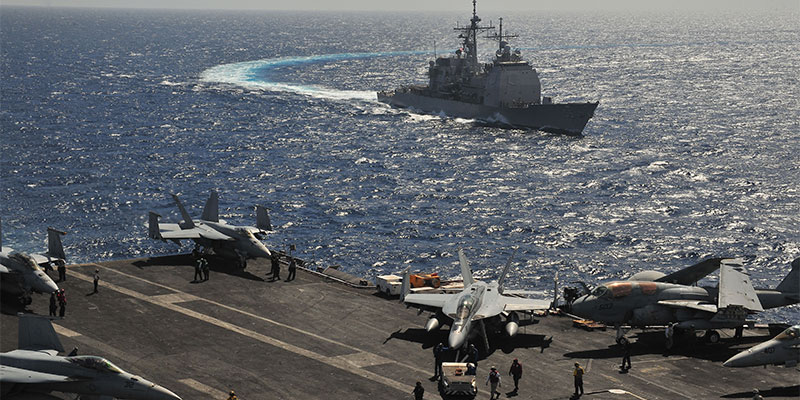Introduction: esports diplomacy
In recent years, the world of competitive video gaming, known as esports, has transcended the boundaries of entertainment and evolved into a significant cultural and economic phenomenon. With millions of fans and players around the globe, esports has garnered attention not only from the gaming community but also from policymakers, diplomats, and international organizations.
The burgeoning interest in esports is highlighted by the fact that its global revenues increased from $130 million in 2012 to $1,187,400,000 in 2019, with over $4.5 billion disclosed investments in 2018 and a fanbase of 380 million people.
It is no surprise, therefore, that governments are investing in esport arenas and facilities given that, like traditional sports, esports has the potential of creating employment opportunities and stimulating the economy through tourism and trade. Pioneering examples are South Korea that was able to leverage esports to gain global prestige through successfully running in competitions across different games and leagues, and Australia’s tourism gaining traction through the hosting of its first “Melbourne esports Open” in 2018. On the other hand, China’s freezing of pending video game licences to South Korea during the Terminal High Altitude Area Defense tensions in 2017, and the U.S. restricting access to the game servers of World of Warcraft in 2012 and League of Legends in 2018 in Iran highlights “the susceptibility of the global esports market to international politics and power plays,” and hence indicate how esport can be optimized by a state as an element of soft power.
To this end, the ascension of esports in the Arab Gulf states, and the inception of the GCC Esports Federation, which aims at cultivating a synergistic milieu conducive to the industry’s expansion, is indicative of the region’s dedication to capitalizing in this thriving industry.
Overview of esports in the Arab Gulf:
The Arab Gulf states’ strategic vision for esports is underpinned by a holistic development approach that encompasses infrastructure, talent cultivation, and regulatory frameworks. The establishment of high-tech gaming facilities and esports academies has provided a solid foundation for nurturing local talent and hosting international events. These efforts have not only elevated the region’s gaming profile but have also contributed to the creation of a sustainable esports ecosystem. Each member state has embraced a distinct approach to nurturing its esports investments. Presented herein is an assessment of esports and gaming development and investment trends across the Gulf Cooperation Council (GCC) countries.
Saudi Arabia as a Regional and Global Esports Hub
The growing interest in esports and gaming within the Kingdom of Saudi Arabia has undergone a significant evolution, paralleling the nation’s expansive socio-economic transformation. The genesis of this digital renaissance is deeply rooted in the country’s youth culture, where gaming has emerged as a prevalent leisure activity. With approximately 50% of the nation’s populace engaging in gaming, a robust foundation for an esports industry has been established. A defining moment occurred in 2015 with Abdulaziz Alshehri’s victory in the FIFA Interactive World Cup, propelling Saudi Arabia into the international esports arena. This momentum was sustained by Mosaad Al-Dossary’s victory at the FIFA eWorld Cup in 2018, further cementing the Kingdom’s stature in the realm of competitive gaming.
The Kingdom’s ventures into the gaming sphere demonstrate a cognizance of esports’ global resonance and its potential to establish Saudi Arabia as a nexus for gaming and esports innovation, a vision which Crown Prince Mohammed bin Salman bin Abdulaziz Al Saud has articulated as he stated that his country is “leveraging the latent potential within the esports and gaming sector to broaden our economic base, stimulate innovation, and augment the array of entertainment and esports competitions throughout the Kingdom.”
A salient endeavor in this regard is the creation of the Saudi Esports Federation and the orchestration of premier gaming events, underscoring a dedication to the cultivation of domestic talent and the formation of a dynamic gaming ecosystem. For instance, the hosting of the 2024 FIFA Esports World Cup (EWC) within the Kingdom underscores its capability to manage large-scale esports tournaments, thereby fostering domestic talent and establishing Saudi Arabia as a prime location for esports tourism and global acclaim. Moreover, the ascent of esports has garnered international sponsorships and partnerships, including American fast food company KFC, LG UltraGear, and MasterCard. These alliances not only channel financial resources into the gaming sector but also engender a milieu that is propitious for sustained growth, thereby amplifying the Kingdom’s global profile and potentially invigorating tourism.

Qiddiya was the official venue that hosted the 2024 Esports World Cup. Photo: Saudi Arabia Economy
The United Arab Emirates (UAE)
To establish itself as a premier global hub for gaming and esports, the UAE has heavily invested in the creation of sophisticated gaming centers, esports arenas, and training facilities, such as the Dubai Gaming Festival and the Abu Dhabi-based Hub Zero, which not only enriches the regional gaming culture but also lays the groundwork for the rise of professional gamers. With investments surpassing $1 billion to enhance the sector’s infrastructure, the UAE is aiming at drawing global talent and nurturing a vibrant gaming community. The partnership between Mubadala Investment Company and Abu Dhabi Gaming (AD Gaming) is a prime example, having signed an agreement to bolster the gaming and esports ecosystem, with a focus on supporting high-value products, creative industries, and innovative technologies. Additionally, the ‘Dubai Program for Gaming 2033’ seeks to elevate Dubai into the top echelon of global gaming cities, aiming to generate 30,000 new jobs within the gaming sector and contribute $1 billion to the nation’s GDP by 2033. This ambitious initiative highlights the UAE’s determination to secure a significant position in the worldwide gaming market, anticipated to reach a value of $492.90m by 2027.

Abu Dhabi Is Building the World’s First Esports Island: Photo: True Gamers
Qatar
Qatar too is proactively cultivating its gaming ecosystem, capitalizing on its affluence and advanced technological infrastructure to emerge as a prominent force in the industry. The nation’s dedication to esports was underscored by the inception of the Qatar Esports Federation, operating under the auspices of the Qatar Olympic Committee. This entity is dedicated to amplifying both domestic and global engagement in esports, mirroring the government’s strategy to foster a dynamic competitive gaming milieu within the country. Also, the Qatar SportsTech (QST) initiative represents another pivotal endeavor, aimed at propelling the sports sector’s growth in Qatar and the wider Middle East. It affords startups access to capital, expertise, and networks, incorporating esports within its promising “Accelerator Program.” The integration of esports into QST’s agenda signifies Qatar’s resolve to advance its competitive gaming landscape in tandem with its commitment to conventional sports excellence.
Furthermore, Qatar’s state-of-the-art infrastructure, characterized by rapid connectivity, premier venues, and convenient travel, optimally positions the country as a host for significant international esports events. The Qatar Esports Wega Global Games, launched in January 2020, exemplified a global esports contest, centralized in Qatar, with the goal of enhancing the nation’s competitive framework and augmenting opportunities for esports participants, which was further bolstered ahead of the FIFA World Cup Qatar 2022, hence capturing worldwide attention and demonstrating Qatar’s capacity to facilitate expansive esports events.
Investments in esports and gaming are also materializing through strategic alliances with leading industry entities. Quest Esports, for instance, has been deeply involved with the regional gaming sector, providing a spectrum of services from tournament orchestration to talent management and content generation. Quest Esports’ management of numerous large-scale LAN tournaments and online league contests for well-known games attests to Qatar’s proficiency in administering diverse leagues across a variety of game genres throughout the year.

Revenue of Qatar’s Esports Industry is Expected to Reach $125.7 Million in 2024. Photo: Qatar Day.
Oman
Oman is also actively developing its gaming ecosystem, leveraging its wealth to establish itself as a leading force in the industry. In 2021, the Oman Committee for Games and Electronic Sports was inaugurated to elevate the sultanate’s global profile in these domains and to oversee domestic industry regulation. This committee represents a pivotal move towards establishing a robust framework that will underpin the expansion of esports and gaming within Oman. The country’s debut in hosting its first games and esports championship in late 2021 signified a significant stride into the competitive esports sphere. These events serve not only to invigorate the local gaming community but also to draw international focus, thereby positioning Oman as an emerging hub for global esports tournaments.
Also, the Oman Online Gaming Market is projected to experience a compound annual growth rate (CAGR) of 12.2% from 2021 to 2027, propelled by factors such as enhanced internet accessibility, the escalating appeal of mobile gaming, and the establishment of gaming-centric infrastructure, including gaming cafes and advanced internet services. Oman’s demographic profile, characterized by its youthful populace, aligns with the nation’s strategy to harness the vigor and passion for gaming and esports among its younger citizens. Through strategic investments in these sectors, Oman is not merely offering avenues for recreation but is also pioneering pathways for career development within its youthful population.

Oman Olympic Academy. Photo: Olympic Council on Asia
Kuwait
In the past few years, Kuwait has undertaken assertive measures to integrate into the esports and gaming sector. A defining juncture was the alliance between Zain Esports and the Kuwait Olympic Committee, which managed and organized an esports event in 2021 that spanned for four weekends with the objective of cultivating local talent and forming a Kuwaiti esports ecosystem contingent for participation in forthcoming Olympic Games and international contests. This endeavor not only fosters esports within Kuwait but also establishes the nation as a fertile environment for promising gamers. The commitment to esports forms a segment of a larger strategy to forge a digital economy capable of enduring growth and innovation. Since its inception in November 2020, Zain Esports has been a pioneer, coordinating regional online esports tournaments and community events featuring considerable prize funds. Their initiatives have attracted a social media audience surpassing 35 million views, reflecting a vibrant community keen to partake in esports.
Additionally, Kuwait’s investment approach in esports includes the private sector, with an array of angel investors and venture capital funds actively channeling resources into gaming startups. For instance, through a partnership with FASTtelco and Blink—the country’s leading internet provider and largest online shopping platform, respectively—Ooredoo Kuwait has created an advanced facility poised to revolutionize the gaming scene for enthusiasts throughout the country. Also, leveraging Blink’s proficiency in providing top-notch gaming configurations—complete with high-end gaming PCs, ergonomic desks, and comfortable chairs—Ooredoo Kuwait has meticulously designed the ProPing Gaming Lab to cater to the requirements of avid gamers.

Kuwait Esports Club hosts first FIFA21 championship. Photo: Kuwait Times
Bahrain
Bahrain has acknowledged the growing potential of the esports and gaming industry, as demonstrated by its facilitative policies and strategic capital deployment. The nation’s gaming sector is an integral component of the swiftly expanding gaming community within the Middle East region, with an estimated annual growth rate of 8.02% from 2024 to 2027, resulting in a projected market volume of $53.43 million by the end of 2027. Bahrain’s proactive gaming policies have been pivotal in harnessing this regional upswing to bolster the sector’s development.
The country has been the venue for numerous prominent esports gatherings, such as The IGN Convention, DreamLand Expo, and the Counter-Strike’s BLAST Pro Series Global Final. Bahrain has also forged public-private partnerships with leading global digital infrastructure providers, such as Amazon Web Services, creating a nurturing environment for esports and gaming enterprises. This synergistic approach has significantly propelled the sector’s expansion. Moreover, Bahrain’s investments in esports have catalyzed the rise of local esports professionals, with 47 esports athletes ranking 88th globally in earnings and a total of $470,402.34 in prize money across 170 tournaments.
Additionally, Bahrain offers a fertile landscape for game developers to thrive. Recent strategic endeavors, spearheaded by Unreal Bahrain, seek to organize the gaming community, cultivating an environment that motivates innovation. These efforts involve collaborative partnerships with local government entities and academic institutions. For instance, in 2019, Flat6Labs joined forces with Unreal Bahrain to sponsor a bootcamp, granting a special category prize exceeding $32,000 to the team demonstrating the highest potential for success. Furthermore, Bahrain emerged as a pioneer in the Middle East region during the first half of 2023, boasting a remarkable 5G Game Score of 87.64 out of 100, surpassing both the UAE and Qatar, and underscoring Bahrain’s exceptional mobile network performance, which contributes to outstanding gaming experiences and fosters the development of a robust gaming community within the nation.

Prestigious women’s esports event kicks off in Bahrain in 2023. Photo: Inside the Game
Anticipating the Future: The GCC’s Path Ahead
The way forward for the GCC in esports is paved with opportunities for innovation, collaboration, and growth. Continued investment in technology, education, and community engagement will be key to maintaining the momentum. To achieve this, a multifaceted approach is essential. First, there is a need for further strategic investment in local talent development. By establishing specialized training centers, scholarships, and mentorship programs, the GCC can nurture a sustainable pipeline of skilled esports professionals. Simultaneously, enhancing infrastructure—through cutting-edge esports arenas, high-speed internet connectivity, and dedicated gaming zones—will attract international attention. Saudi Arabia, Qatar, and the UAE owe part of their esports success to their forward-thinking investments in gaming infrastructure and communication technologies. These nations have transcended mere connectivity to create an environment where players can engage with opponents from distant corners of the world, hence transcending geographical boundaries.
Gender inclusivity is another cornerstone of sustainable esports growth. While historically male-dominated, the industry is witnessing positive shifts. The GCC countries should prioritize female inclusion. Saudi Arabia and the UAE, through progressive reforms, empower women economically and promote equal treatment. By actively encouraging female participation in esports, these nations can tap into an expanding talent pool. Notably, Najd Fahd and Ghada Al-Moqbel exemplify the emergence of local female talent on the world stage. Also, initiatives like Sheikh Mohammed bin Rashid Al Maktoum’s Women’s Sports Committee in the UAE underscore the commitment to gender parity. Creating safe spaces, organizing women-only tournaments, and supporting female streamers will empower women to excel in esports, contributing to industry growth.
As the region adapts to the evolving landscape of digital entertainment, the GCC’s vision for a thriving esports industry is not just a possibility but an impending reality. The GCC’s journey in esports and gaming is a testament to the region’s adaptability and forward-thinking mindset. Through concerted efforts in promotion and investment, the Arab Gulf states have set a benchmark for other regions aspiring to grow their esports sectors. Navigating this path forward, strategic foresight, sustained investment, and collaboration across sectors will be imperative to achieve these nations’ ambition of becoming an epicenter for esports while shaping their global narrative of competitive gaming.

